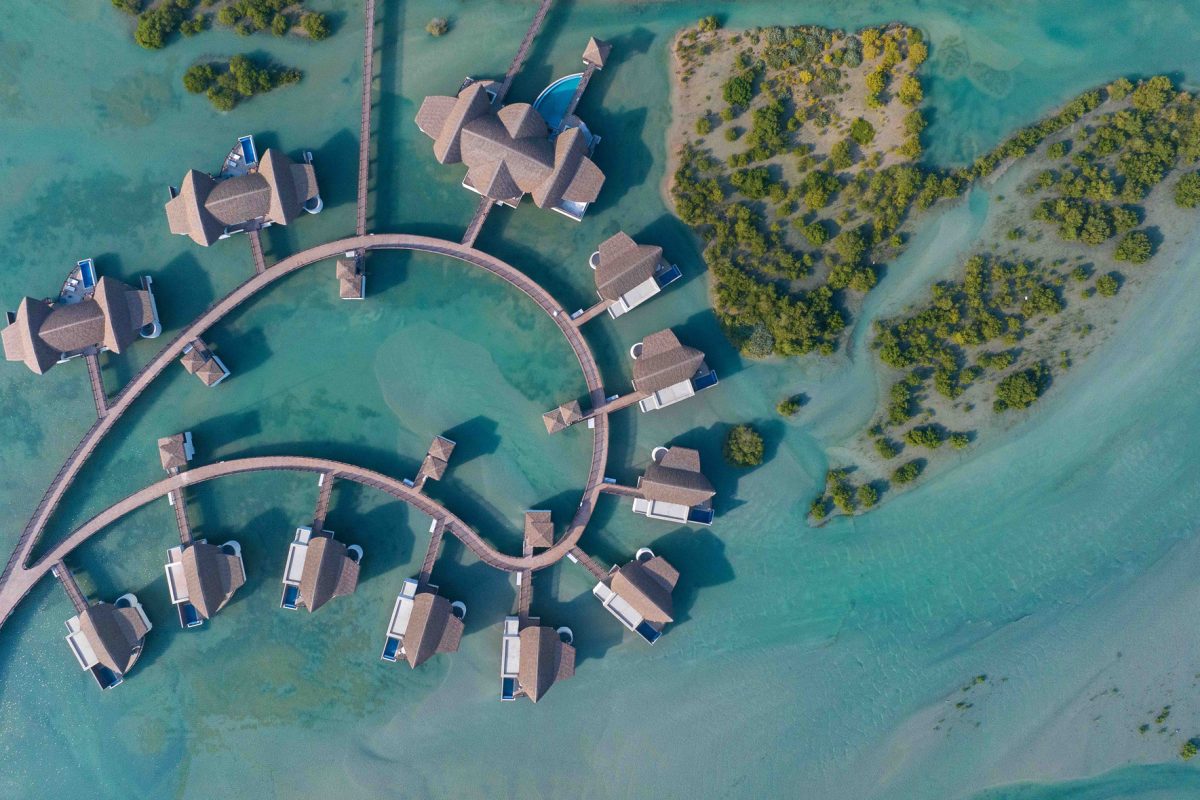As an increasing number of travellers seek to reconcile their love for exploration with their concern for the planet, sustainable travel has surged from a niche trend to a defining element of contemporary tourism. The experts from The Resort Villa Thailand explain.
This paradigm shift acknowledges the fact that the wanderlust need not be at odds with the welfare of our environment. The concept of ‘luxury’ in travel is being redefined, with sustainability and environmental stewardship becoming the new indicators of true opulence.
Luxury travel has historically been associated with excess – opulent accommodations, extravagant dining, and often a conspicuous consumption of resources. However, the tide is changing. Today’s discerning travellers align themselves with destinations and accommodations that offer not only comfort and exclusivity but also a commitment to preserving the environment. A luxury resort that operates on solar power, sources its food from local organic farms, conserves water, and integrates into the local ecosystem without disruption is now more appealing than the grandest hotel that neglects its environmental footprint.
One exemplary leader in this realm is The Resort Villa in Rayong, Thailand, which has become a beacon of environmental consciousness, setting a precedent for how luxury resorts can operate sustainably. With solar farms generating daytime power and initiatives to protect marine life, it stands as a testament to the harmonious coexistence of luxury and sustainability.
Resorts and travel companies globally are adopting similar practices. They are reducing single-use plastics, utilising renewable energy, and ensuring that they contribute positively to the local economy. The use of plastic water bottles is being replaced by water filtration systems, and many resorts have their own organic farms to provide fresh produce for their kitchens.
Eco-tourism
The growth of eco-tourism has also seen a rise in travellers participating in conservation efforts. Many choose to stay in eco-lodges or resorts that offer experiences such as coral reef restoration projects or wildlife conservation programs. This shift is not solely altruistic; it stems from a recognition that authentic and enriching travel experiences are rooted in an environment that is healthy and thriving.
Moreover, there is an increasing awareness that true luxury is about unique and personalised experiences. Resorts that offer bespoke experiences that are thoughtfully designed to be environmentally responsible cater to this new definition of luxury. Activities such as private diving trips that follow sustainable practices or dining experiences that feature locally sourced ingredients are becoming the hallmark of high-end travel.
The implications of sustainable travel are profound, extending beyond environmental benefits to encompass economic and social advantages. By employing local staff, using local suppliers, and engaging in community initiatives, sustainable travel operations can stimulate local economies and help preserve cultural heritage.
As the world becomes more interconnected, the impacts of travel on the environment become more evident. The carbon footprint of flights, the waste generated by tourists, and the water and energy consumed by large hotel chains have all come under scrutiny. The response has been a push for carbon offsetting flights, reducing waste, and conserving resources, all of which are critical components of a sustainable travel policy.
Conservation
The future of travel lies in a balance between indulgence and conservation, and luxury travel is at the forefront of this movement. The challenge for the travel industry is to provide experiences that satisfy the luxurious expectations of their clientele while also committing to sustainable practices. As the concept of luxury evolves, so too does the traveller’s responsibility to engage with the world in a way that is both enriching and respectful.
In essence, sustainable luxury travel is not an oxymoron but an achievable reality. It necessitates a holistic approach that considers the environmental, economic, and social dimensions of tourism. This not only enriches the traveller’s experience but also ensures that the wonders of the world remain for future generations to discover and enjoy.














